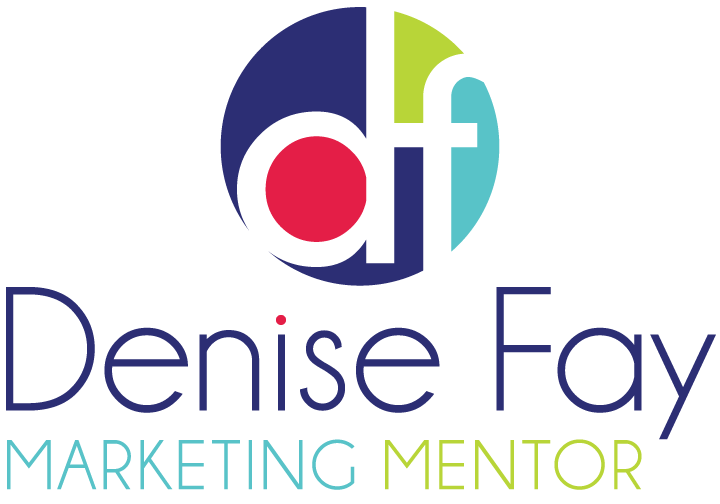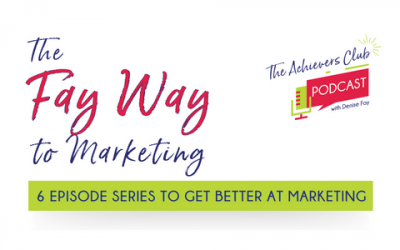 Okay, so you’ve decided that you don’t have the time or the motivation to write but you need the writing done. That’s a good start. It acknowledges the need to continue on with your content strategy.
Okay, so you’ve decided that you don’t have the time or the motivation to write but you need the writing done. That’s a good start. It acknowledges the need to continue on with your content strategy.
When you don’t have the time to write yourself, there are a bunch of people out there, such as myself, who will write your message for you.
I love writing for other people; it is so much easier to write about someone else than yourself. However, the most successful projects that I have worked on are those whereby I had as much information as possible to begin with.
A good copy-writer will quickly understand your business and the industry you operate in. However, the key to successful copy-writing is managing expectations, on both sides. You as the business-owner hiring a copy-writer must provide as much information as you can while the copy-writer must not assume to know your business.
Both parties can manage expectations when a detailed brief is written. It need not be a long document, but as long as the key information is included, you can mange expectations and create a rewarding relationship.
If your copy-writer doesn’t have a brief that you can fill in, here are ten elements that I look for in a brief:
1. State the nature of your business
Simply state the nature of your business. Be as specific as you can, using your own words. For example, if you work in IT, tell me more about what it is you do, i.e. fix computers or programme gaming software.
2. Describe who you want to target
Give a detailed description of your target market. Be as specific as you can, e.g.,
- Female, over 30, married or not single
- Retail units within 20 mile radius of (insert town)
- Restaurants with <50 covers
3. List your expected collateral
It is always good to know from the beginning what marketing collateral or literature you require from the project. List all the medium you require (a brochure, website, series of articles, presentation, case-study, whitepaper etc) and the amount of pages (is it a two brochure or twelve page?).
4. State your objective
So everyone is on the same page, tell the copy-writer what you want to achieve as a result of the marketing collateral. Do you want to:
- Sell a certain product
- Build credibility as an expert in the industry
- Generate leads
- Position yourself as an expert
5. Decide on a call to action
Every piece of copy that is written should have a call to action. Tell your copy-writer what it is and what you expect your reader to do after reading.
6. Know your media distribution channels
Writing on the same subject for a blog and a newspaper requires two different styles with different information contained within. Once you know which channels you’re using, inform the copy-writer. Channels could include newspaper or magazine editorial, blog, video or online.
7. Share your research
This is often over-looked when briefing a copy-writer. You have information stored away on competitors, industry statistics, potential customer data. All that information that you have gathered, share with your copy-writer. Information is power once shared.
8. Decide on a tone
You have to decide on a tone for your written material. Do you want your article to be written in a tone that appears:
- educational
- chatty and informal
- conservative
- hip and trendy
- entertaining and funny
- corporate
9. Know your deadline
Sometimes copywriters need extra time to research and edit their copy. Informing them from the get-go, when they need to have the document written, taking into account a number of reviews is incredibly helpful.
10. Have a word-count
If you’re publishing an article in a paper or an advert, the newspaper or magazine only wants a required number of words. Similarly, your website might only allow a certain number of words or characters. Once you know what it is, tell your copy-writer. It will avoid unnecessary work at the end.
Once you’ve agreed the brief with the copy-writer, agree a budget before you start. Some people charge per article, per hour, per word. Whatever the terms, agree them in advance. That way, you will both work together to create the best possible copy which produces results.
Day 29 – Homework
Unless you’ve decided after the past 28 days that you don’t have time to write, you’re off the hook for today.
If, on the other hand, you want to continue on with your content strategy, then think about your next piece of literature along the 10 elements. It will help focus your thoughts when approaching your copy-writer. (me!) 🙂







